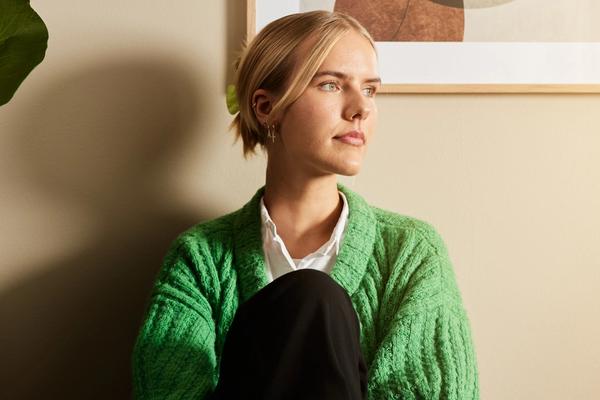Why do we have phobias?
Humans have an innate ability to develop fear as a way to protect us from danger. Phobias act protectively because it makes us stay away from the object we have a phobia of. Those of our ancestors who had phobias towards dangerous objects had a better chance of surviving and passing this feature on to the next generation.
What is the difference between anxiety and phobia?
Anxiety is a general term that is often used for fear of harmless objects/situations. Anxiety is something we all have from time to time. Phobia is used for fear of a specific situation or object. You therefore have anxiety if you have a phobia, but it is not certain that you have a phobia even if you have anxiety.
Are phobias hereditary?
Some people have an easier time developing phobias than others, and many get the same phobia as their parents. This is probably due to heredity, but in many cases phobias also develop through frightening experiences or through observing that others are very afraid of an object. Phobias develop as a result of a combination of heredity and environment.
Are fear and anxiety the same thing?
Fear and anxiety are emotions that activate the same biological systems, and can feel exactly the same. Biologically, this is the same feeling, but it still makes sense to talk about fear and anxiety as different things in order to distinguish between useful and useless fear. Useless fear is often fear of things that cannot harm us, then it is called anxiety.
What helps against phobia?
Exposure training is most effective in reducing phobic anxiety. It involves practicing being in the feared situation in gradual steps. Repeated training often leads to the phobia becoming weaker and eventually disappearing completely.




